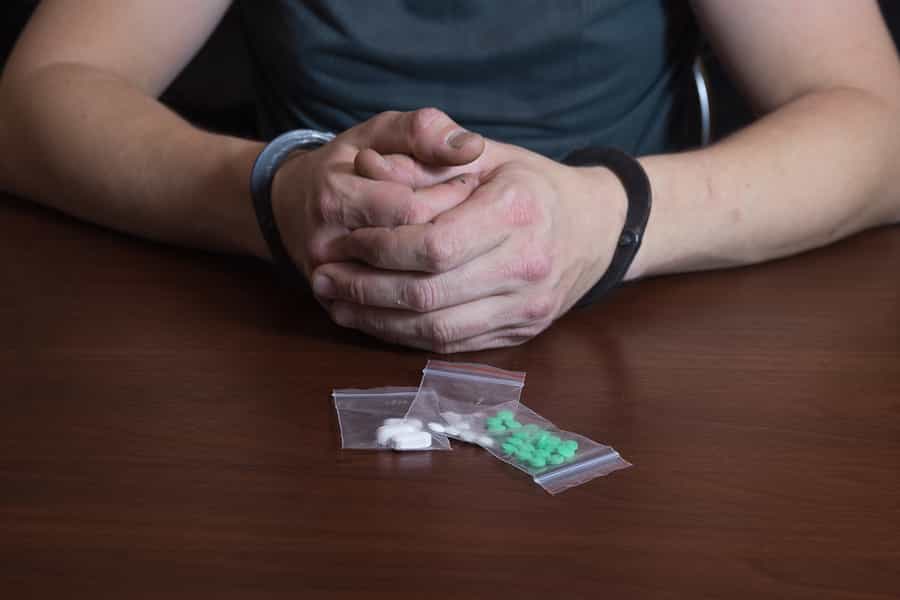September 3, 2018
According to a recent study published in JAMA Network Open, people addicted to opioids are up to thirteen times more likely to have run-ins with law enforcement than other people. If you were recently arrested for opioid possession, you should call an experienced criminal defense attorney immediately to make sure that your rights are protected, and that you understand the legal process. Below is a brief description of what to expect when facing criminal charges related to opioids.
Current Situation on Opioid Prosecution
Florida began to crack down on illegal opioid use in 2015, when the Centers for Disease Control and Prevention (CDC) ranked the state fourth in the United States for total overdose deaths. That year, an average of almost nine people each day died from opioid-related deaths in Florida.
In response to the state’s high ranking, Governor Rick Scott declared an opioid-related state of emergency; and on that same day, the Florida Surgeon General announced that opioid abuse was a public health emergency in Florida.
Furthermore, the state legislature passed laws to make possession of more than 4 grams of opioids a first class felony, and simultaneously increased jail time and fines for individuals convicted of the new laws. Opioid possession and use remains legal with a valid prescription.
Arrested for Opioid Possession?
By definition, “possession” of a controlled substance does not include manufacturing, selling, or otherwise distributing the drug. Under Florida law, to convict an individual of possession, prosecutors must prove the following:
- The substance is indeed illegal
- That the defendant knew the substance was illegal
- That the substance belongs to the defendant, or was in the defendant’s control, including being located in a house or car
Possession of less than four grams of opioids can be charged as a third-class felony, which can result in up to five years in prison and a fine of up to $5,000. Possession of more than four grams can be charged as a first-class felony, which can result in up to 30 years in prison and a fine of up to $10,000. Furthermore, if individuals charged with possession have prior arrests or convictions on their record, they may face an even harsher sentence. If someone possesses another person’s prescription, prosecutors may also charge that individual with fraud.
The consequences associated with a felony conviction for drug possession can seriously affect the convicted individual’s future, including employment (due to background checks and for professional certifications), education (for scholarships and loans), and housing (some public housing excludes individuals with certain criminal convictions).
Defenses for Opioid Possession
The four primary defenses for an opioid possession charge are:
- Lack of knowledge (when the defendant did not know he/she possessed the drug)
- Valid prescription
- Entrapment by police
- Unlawful search and seizure (violation of the defendant’s due process rights)
Unlawful search and seizure constitutes the most cited defense in opioid possession cases. Having an experienced attorney on your side when facing serious criminal charges can help ease the personal stress that you may be experiencing. Your lawyer will go over the details of your arrest, from why you were stopped to what the police did during the arrest, to ensure that none of your rights were violated, and that the police acted appropriately.
Contact a Criminal Defense Attorney Today
Opioid possession is a serious crime in Florida. If you or anyone in your family has been arrested for opioid-related charges, you should contact an experienced criminal defense attorney as soon as possible. At the Khonsari Law Group, we focus our practice on representing criminal defendants. Call us today at (727) 269-5300, or online, for a free consultation.


